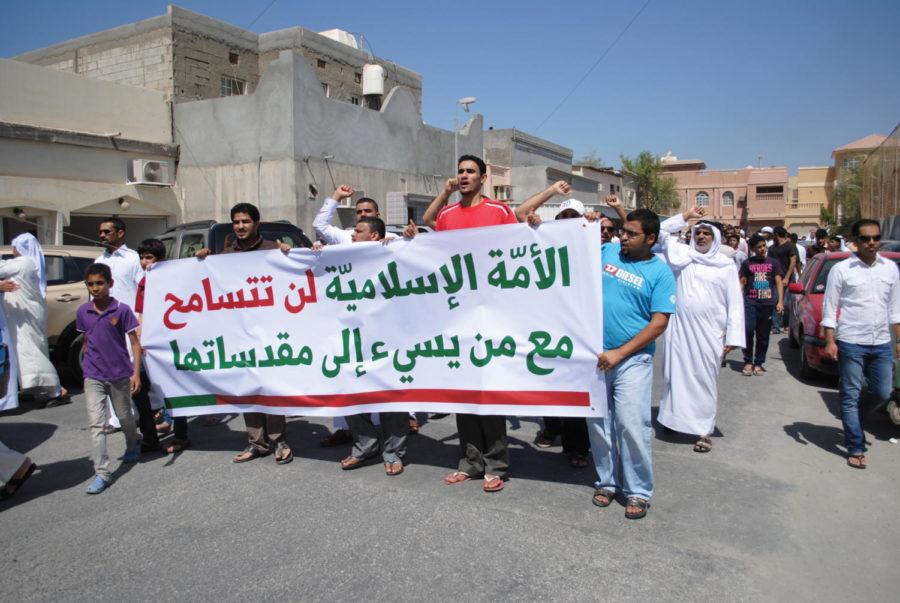Muslims riot over YouTube video
news.muslim_riot.JPG
September 27, 2012
Throughout the Middle East and North Africa, there have been riots off and on for almost three weeks over a YouTube video named “The Innocence of Muslims,” which mocks the Prophet Muhammad. The uprisings started in Libya and resulted in the death of U.S. Ambassador Christopher Stephens.
The first riot took place on Sept. 11, when the U.S. embassy in Libya was attacked. There has been speculation that these were actually acts of al-Qaida and completely unrelated to the uprisings and the video.
“[The] attacks in Libya were definitely planned and unrelated to the video.” said James McCormick, ISU political science professor and chairman. “The guards disappeared, and there wasn’t any demonstration beforehand.”
He said these attacks were a little too structured to be a random mob. Al-Qaida claimed they are responsible for this, but no one actually knows so far if this is true.
“At first it seemed planned, but now there is a little bit better of an explanation. This started as a random mob about [the] video but was hijacked by groups already planning an attack on the embassy,” said Ellen Pirro, political science lecturer. “If there hadn’t already been a demonstration going on, they would have started one. This just gave them a good window.”
After the first video came out, a French magazine created a comic that mocked the Prophet Muhammad, putting their embassies at risk as well.
“This paper is notorious for [startling and antagonizing]; they view getting attacked as doing a good job. The French government is probably furious with them,” Pirro said.
After all the anger and demonstrating, people wonder if there is an appropriate road to take.
Some countries have even demanded that the United States adopt a law against blasphemy. President Barack Obama gave a speech on Sept. 24, at the United Nations addressing the issues, stating that the United States will always respect the right of free speech. Many are wondering how he will correct the situation using diplomacy.
“Egypt has set down a marker of what we must do to keep relations,” McCormick said. “We must earn our way back into good graces by taking positive steps, but it will be a long term process, and nothing will probably happen until presidential elections are done. Well, we will have to just wait and see [about the blasphemy laws].”
Pirro agrees that the United States will have to tread lightly, but “[The United States] gave Egypt a lot of funding; they won’t want to risk that… The Egyptian president has already gone to lengths to have all demonstrations and riots stopped.”
“The internet cannot be shut down,” Pirro said of the blasphemy laws. “It can be censored, but opinions and information will always be able to be accessed.”







